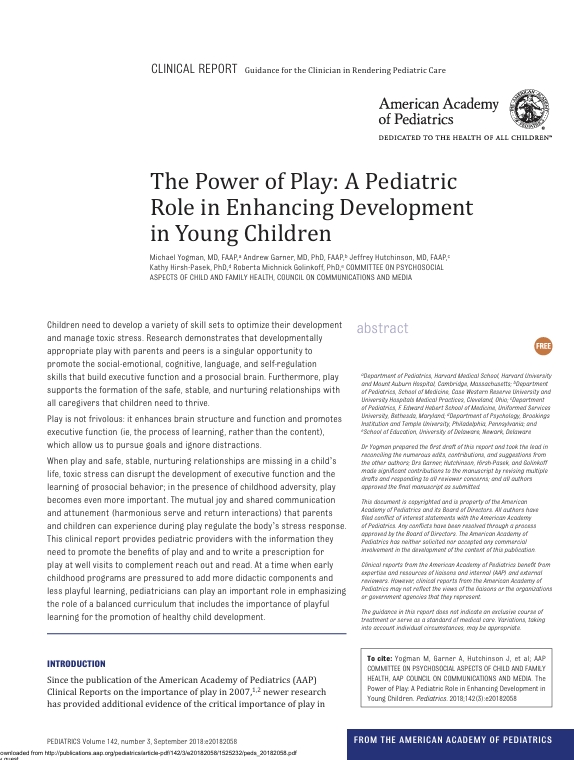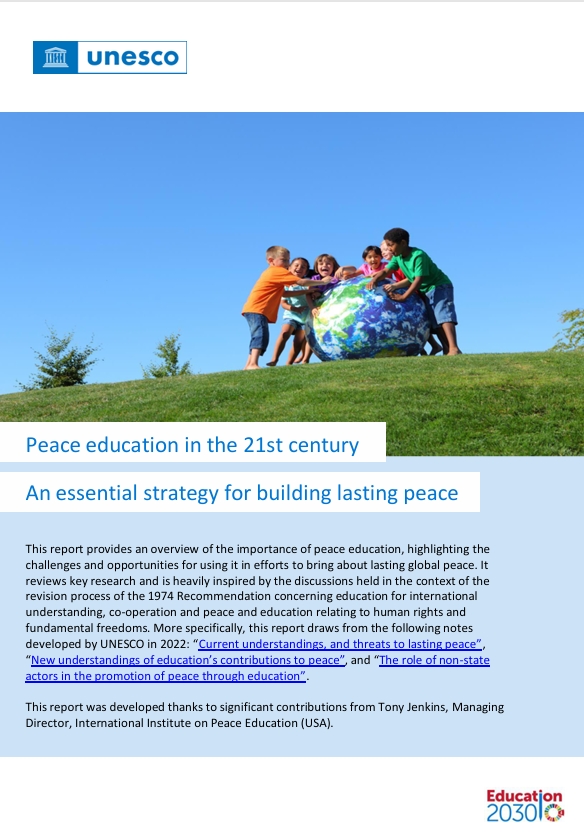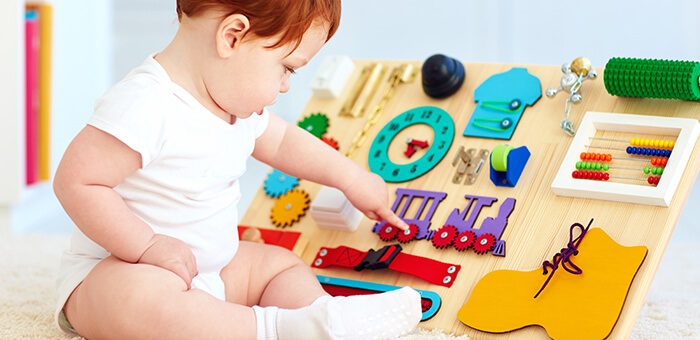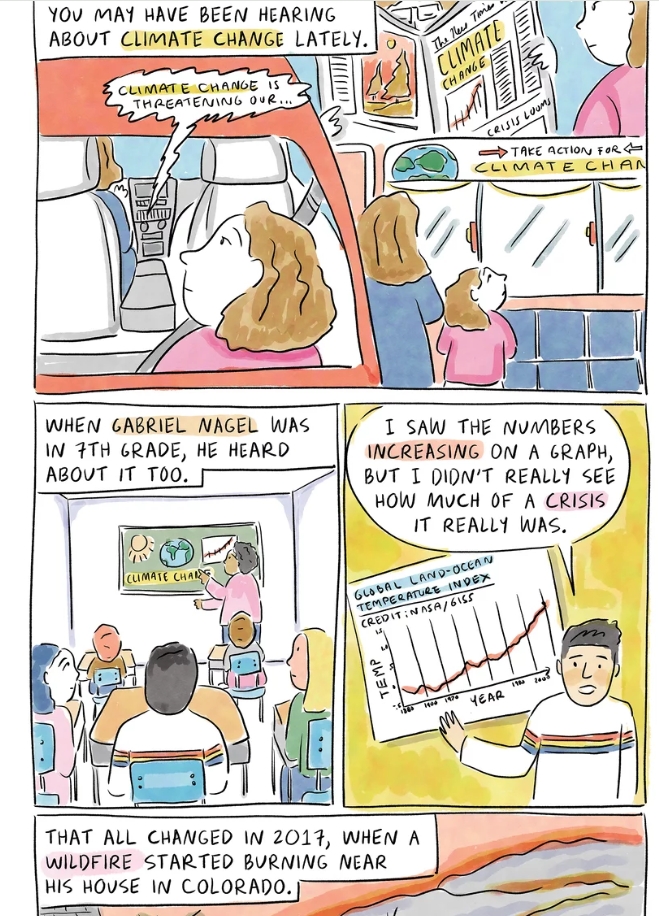The article “The Power of Play: A Pediatric Role in Enhancing Development” from Pediatrics underscores the profound impact of play on child development and outlines how pediatricians can support and promote this essential activity. Here’s a detailed summary:
1. Significance of Play in Child Development
Cognitive Development: Play stimulates cognitive processes such as problem-solving, creativity, and memory. It allows children to explore, experiment, and understand their environment.
Emotional Development: Through play, children learn to express and manage their emotions. It helps in developing resilience and coping strategies.
Social Development: Play provides opportunities for social interaction, teaching children about cooperation, negotiation, and empathy. It is crucial for developing communication skills and building relationships.
2. Types of Play
Physical Play: Activities like running, jumping, and climbing help in developing motor skills and physical health. It is important for children to have space and time for physical activities.
Imaginative Play: This includes role-playing and make-believe games. It fosters creativity and allows children to explore different perspectives and scenarios.
Social Play: Interacting with peers in group activities teaches social skills and teamwork. It is essential for understanding social norms and building friendships.
3. Role of Pediatricians
Promoting Play: Pediatricians should emphasize the importance of play during routine check-ups and provide guidance on incorporating play into daily routines. They should advocate for the role of play in overall health and development.
Recommending Activities: Offer parents suggestions for age-appropriate play activities and resources that can enhance their child’s development. Tailor recommendations based on individual needs and developmental stages.
Addressing Concerns: Identify and address any barriers that may limit play opportunities, such as insufficient time, lack of safe play areas, or financial constraints.
4. Barriers to Play
Time Constraints: Busy schedules and academic pressures can limit the time children have for play. Pediatricians can suggest strategies for integrating play into daily routines.
Lack of Resources: Not all families have access to play materials or safe play spaces. Pediatricians can recommend low-cost or no-cost play activities and advocate for community resources.
Safety Concerns: Concerns about safety can restrict children’s opportunities for outdoor play. Pediatricians can provide guidance on creating safe play environments and balancing risk with the benefits of play.
5. Advocacy and Education
Policy Advocacy: Pediatricians should support policies that promote play, such as those ensuring access to safe play areas in communities and schools.
Parent Education: Educate parents about the developmental benefits of play and provide practical advice on how to encourage and facilitate play at home. Highlight the importance of play in reducing stress and improving overall well-being.
6. Integration into Practice
Routine Check-Ups: Incorporate discussions about play into regular health assessments, discussing its role in development and offering tailored advice.
Community Involvement: Engage with local organizations and schools to promote play initiatives and advocate for supportive environments that encourage children’s engagement in diverse play activities.
In summary, the article stresses that play is a fundamental aspect of child development, impacting cognitive, emotional, and social growth. Pediatricians have a pivotal role in advocating for and facilitating play, addressing barriers, and educating families to support their children’s development through meaningful play experiences.
Connect with us :






